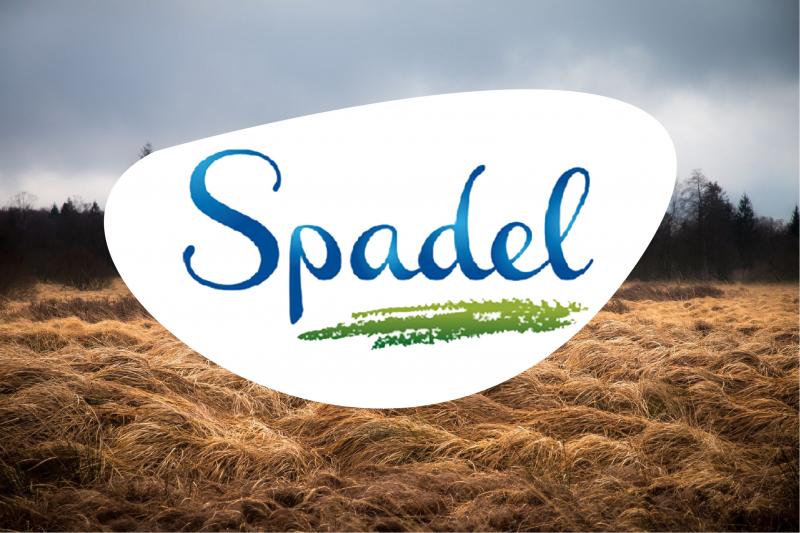Spadel 100% Carbon Neutral from Source to Consumer
09-10-2020Spadel Group awarded CO2 neutral label

2020 has been a milestone year for the Spadel Group in more ways than one. And although we have achieved many goals, being awarded with the CO2 Neutral label is a particular source of pride. Back in 2010, they set themselves the ambitious goal of becoming completely carbon neutral by 2020; something that they have now achieved as the first mineral water group in Europe. This means that when you buy a bottle of SPA, BRU, Wattwiller, Carola or Devin, the carbon impact is completely neutralised.
Carbon Neutral from company to product level
In 2015 Spadel already became carbon neutral at the company level by reducing the direct and indirect emissions of our offices and factories, and of our energy use. Now, in 2020, they’re exceptionally proud to announce that all Spadel brands are carbon neutral at the product level. This means across the entire product life cycle: from the transport of materials to our factory to the production of our waters to recycling packaging after it has been used.
“Climate change is a major societal challenge and we take our responsibility very seriously. Instead of transferring the impact of our activities to future generations, we are choosing to invest in CO2 neutrality across the entire value chain.” – Marc du Bois, CEO Spadel Group
Concretely, they took the following actions between 2015 and 2020:
- they optimised their storage, loading (robots, electric lifts, LED lighting) and transport (eco-combi, LNG trucks) processes. Per litre bottled, energy consumption fell by 50% between 2010 and 2019.
- They installed almost 10,000 photovoltaic panels on the roof of our Belgian factories to increase our access to renewable energy.
- Their revised our purchasing policy to favour local suppliers (in 2019, nearly 90% of suppliers were located in a 500km radius of our factories and 100% are within a 1300km radius).
- Their multi-pack films and crates are made from 100% recycled materials.
- Their bottles have been redesigned to use less plastic.
Reduction and offsetting
Carbon neutrality implies a balance between the carbon emitted and the carbon absorbed out of our atmosphere. The first focus is on reducing their emissions. However, there are some emissions that they have not yet been able to get rid of completely. To cancel out their impact, they invest in carbon compensation, or offsetting programmes.
The partnership with Water Access Rwanda is the perfect example of how carbon offsetting programmes can help our world achieve carbon neutrality. By rehabilitating boreholes in rural Rwanda and providing citizens with clean, safe drinking water, Spadel was able to avoid 400,000 tonnes of CO₂ from people boiling water over open fires. This ‘saving’ offsets the remaining cost of their activities.

This has allowed Spadel to achieve the CO2 Neutral label, as independently verified by CO2logic and Vinçotte.
Further reduction via Science Based Targets
Spadel’s commitment on carbon does not end here, now that they are carbon neutral.
Going forward Spadel will work hard on further reducing their carbon emissions. Their Science Based Targets guide them to remain within the Paris framework, and limit global warming to 1.5 degrees. And ultimately, in 2050, they want to achieve zero net emissions.
This commitment is hugely important for Spadel. Their carbon ambition creates the boundaries in which Spadel operates. New products, packaging and business models have to comply with the carbon limits. That’s why carbon is an integral part of Source of Change, Spadel’s sustainable packaging commitments 2025




